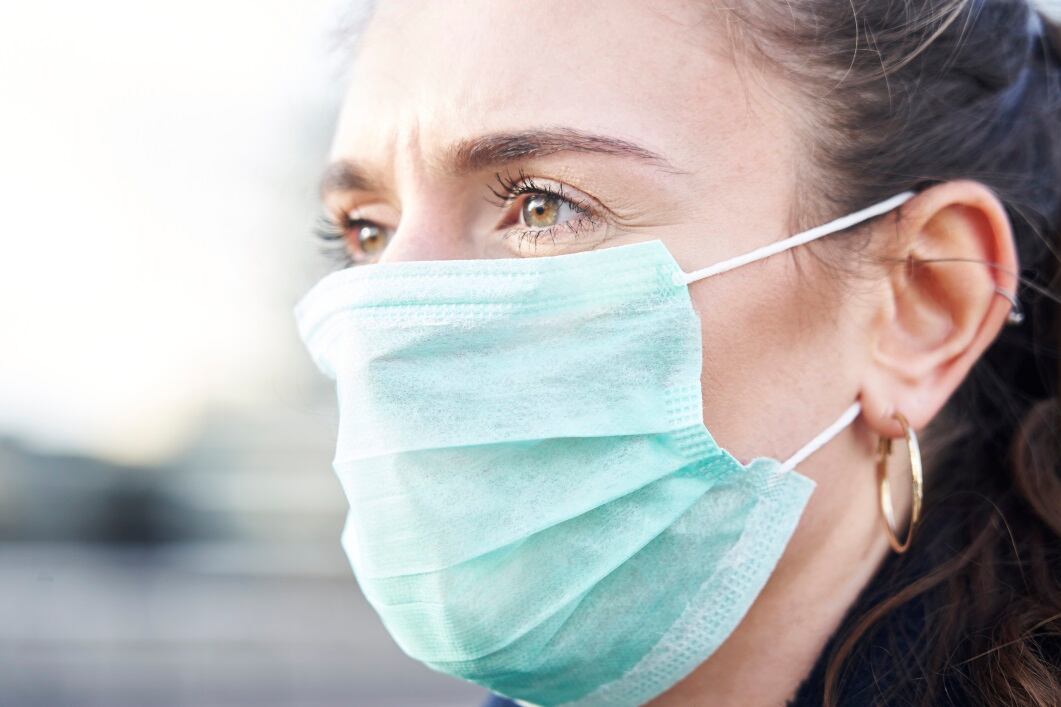“As we enter an extended period of social distancing during the coronavirus pandemic, best practices governing interactions in grocery stores and during food delivery are more important than ever. The CDC and FDA must do all they can to help protect retail food industry workers and their consumers from coronavirus infection and its spread,” Markey told the agencies in a sharply worded April 7 letter.
While he acknowledged that FDA has “provided some guidance for retail food industry workers,” he said “it does not go far enough” given the mounting fears many retail food industry employees and customers have about exposure to COVID-19.
“Amid high demand for groceries and other household items as more Americans face stay-at-home orders, consumers are facing crowded supermarkets and pharmacies. These conditions make following social or physical distancing measures difficult,” he explained in the letter.
He added, “Neither frontline workers at essential locations nor their customers should be placed in harm’s way due to a lack of guidance on how best to avoid contracting and spreading the virus.”
And, yet, they are.
Retailers ramp up efforts to protect employees, consumers
Markey’s letter comes one day after Trader Joe’s, Giant and Walmart confirmed that at least four frontline employees have died of COVID-19. Dozens of additional grocery workers have tested positive for the coronavirus in recent weeks.
While it is possible that they did not contract the virus at work, many grocery employees are reporting for longer and extra shifts to help retailers meet overwhelming consumer demand during the pandemic. There they navigate crowded aisles and interact with potentially hundreds of consumers per shift.
Until recently, many employees have done this without personal protective equipment, which is in short supply and being reserved for healthcare workers.
Some retailers, however, have stepped up protective measures. Walmart and Kroger now check employees’ temperatures at the start of each shift and provide workers with gloves and masks. Both also are limiting the number of customers allowed in each store at one time. Kroger and others have installed plexiglass partitions and “educational floor decals” to encourage social distancing. Following Walmart’s lead, Kroger and others also are piloting one-way aisles in select markets.
Kroger is stepping apart from the pack with a pilot to convert a store to click-and-collect only – a move that is being praised by some for further enhances social distancing, limits physical contact.
Additional guidance needed
While these efforts are laudable, the discrepancy between different retailers’ approaches underscores the need for government guidance on how best to protect employees and shoppers, argues Markey in his April 7 letter.
“The limited existing guidance is failing our essential workers and consumers,” he states bluntly.
As such, he encourages FDA and CDC to “take more aggressive action to protect workers in the retail food industry and consumers.”
To that end, he asks the agency by April 17 to describe the measures they have taken to address coronavirus related safety concerns for the retail food industry and explain how they plan to improve and promote the guidance.
He also asks them to identify guidance for consumers on how to protect themselves while shopping for food or receiving food deliveries and to outline any plans to expand the guidance in these areas.
Given that social distancing may not be possible in certain food industry facilities, Markey asks CDC and FDA what steps they are taking to safeguard workers who cannot stay six feet apart.
And finally, he asks the agencies how they are ensuring delivery services are protecting workers and consumers.
Who deserves protection?
Markey’s questions to FDA and CDC echo the tone and sentiment of a similar letter that he sent April 2 to Vice President Mike Pence and the Federal Emergency Management Agency.
In that letter, Markey acknowledged that health care workers face the greatest exposure to the coronavirus and are in the most need of PPE, but, he said, “other frontline workers also deserve this protection.”
He explains that “frontline workers include any workers that perform essential services in sector including health, food service, transportation and emergency response.” He added that “grocery store clerks, food delivery employees and other frontline workers may interact with tens or hundreds of customers a day, exposing themselves to the virus without protection.”
Again, he reiterated that workers should not need to risk their lives providing essential services. As such, he asked FEMA and the White House Task Force by April 10 to explain how they define frontline workers for purposes of estimating PPE needs. He also asked them what guidance they are providing to frontline workers to protect themselves and what types of PPE could be made available.




